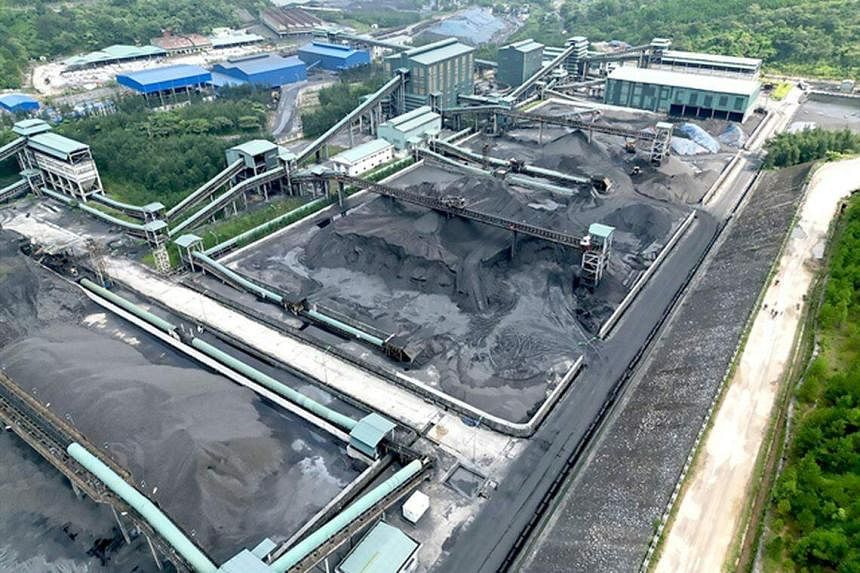Global Courant 2023-05-16 22:02:13
HANOI – Vietnam will not develop any new coal plants after 2030, according to a long-delayed national energy plan released Tuesday, though the blueprint drew criticism that the transition to renewables is too slow.
The Southeast Asian country made a commitment at the COP26 climate summit in 2021 to achieve carbon-neutral emissions by 2050.
The US$135 billion (S$180.85 billion) plan for its energy policy through 2030, which maps out how it will achieve those goals, was delayed by more than two years, with more than one previous draft pointing to renewed investments in coal.
According to the new plan, known as Power Development Plan 8, “by 2030 only coal-fired power stations that have already been approved and are under construction can continue”.
Coal will represent 20 percent of Vietnam’s energy mix by the end of the decade, up from 50 percent today, the plan said.
Trend Asia researcher Andri Prasetiyo said the decision to proceed with coal power projects until 2030 would “significantly increase the country’s coal capacity, hampering the development of renewables”.
He said the prioritization of gas as an intermediate step to renewable energy was “disappointing”.
Domestic gas will account for 9.9 percent of the country’s energy by 2030.
‘Shift to zero-emission fuels’
The energy development plan, approved by Prime Minister Pham Minh Chinh on Monday, promises that coal will no longer be used for electricity production by 2050.
There will be a “shift to zero-emission fuels such as biomass or ammonia,” it says.
However, Prasetiyo said this switch would require significant resources to repurpose existing fossil fuel power generation and warned that ammonia was “not a realistic and viable alternative”.








